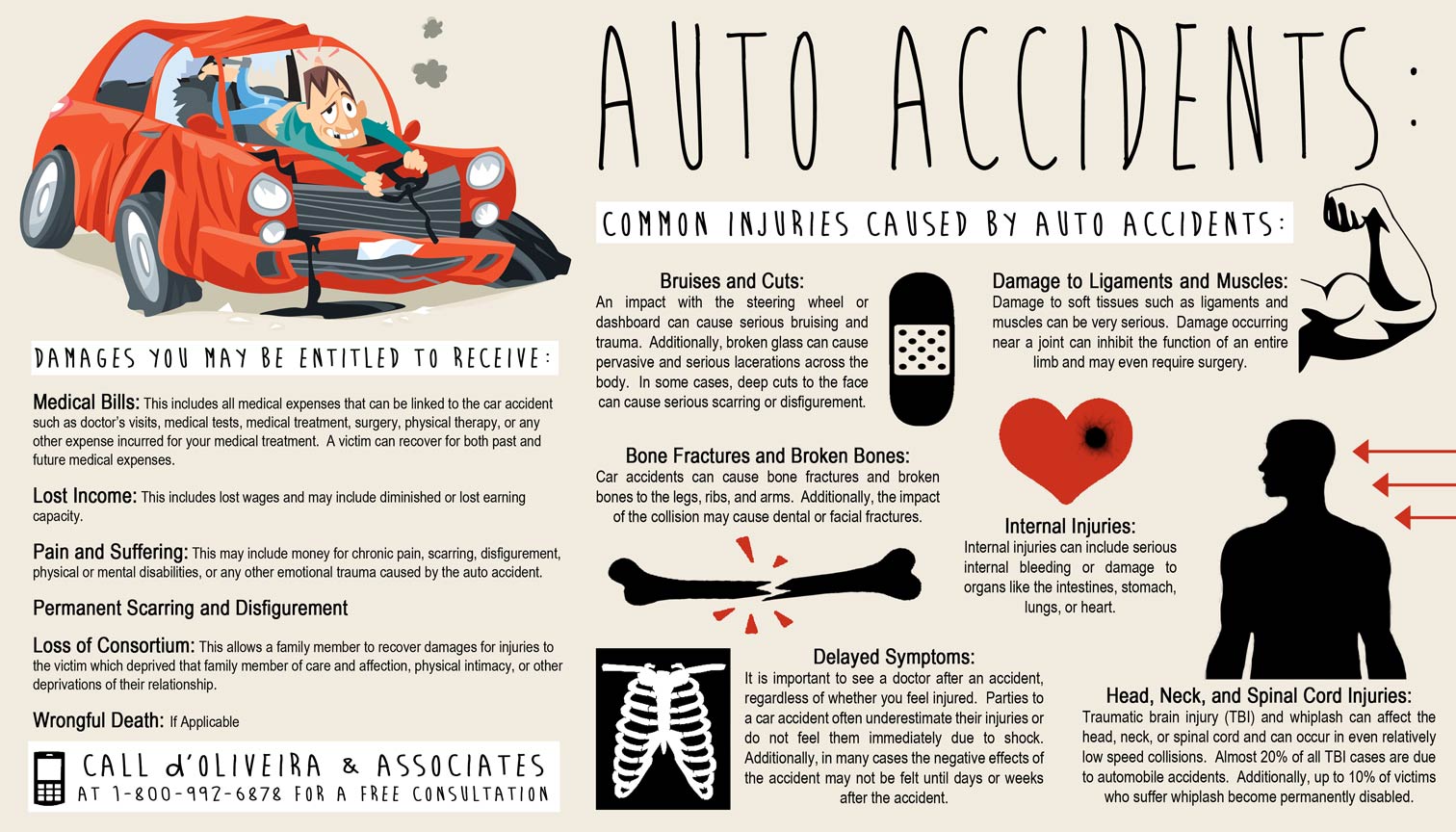Discover Ways To Effectively Solve Landlord-Tenant Disagreements, But Remain Aware Of The Surprise Details That Might Influence Your Legal Rights
Discover Ways To Effectively Solve Landlord-Tenant Disagreements, But Remain Aware Of The Surprise Details That Might Influence Your Legal Rights
Blog Article
Uploaded By-Wilkins Power
When it concerns landlord-tenant law, recognizing your rights and duties is crucial for both parties. You could think you have a strong understanding on the basics, however there are commonly subtleties that can capture you off guard. Whether you're a property manager taking care of a residential property or an occupant seeking a secure home, understanding the lawful landscape can make all the difference. What may shock you are the complexities associated with browsing disagreements and eviction procedures.
Comprehending Occupant Rights and Responsibilities
When you rent out a residential property, it's vital to comprehend your legal rights and responsibilities as an occupant. You deserve to a secure and habitable living atmosphere, suggesting your property owner should maintain important solutions like home heating, pipes, and electrical energy.
You're additionally qualified to personal privacy; property managers usually need to provide notification before entering your unit.
On the other hand, you are accountable for paying rent on time, keeping the residential property clean, and not creating damage past typical deterioration.
Familiarize yourself with your lease agreement, as it lays out particular policies and commitments. Being aware of these elements not just secures you but additionally promotes a favorable relationship with your property owner.
Remain informed, and you'll browse your occupancy more effectively.
Key Property Manager Obligations and Legal Considerations
While you might know your legal rights as a lessee, it's equally essential to understand your property owner's responsibilities.
Landlords should provide a secure and habitable living environment, guaranteeing that essential systems like heating, plumbing, and electricity are in working order. They're likewise in charge of making necessary repair work immediately and adhering to neighborhood building regulations.
Furthermore, proprietors should respect your personal privacy by providing correct notice before entering your device, generally 24 hr. They should take care of down payment according to state regulations, consisting of returning them immediately after you leave, minus any authorized reductions.
Recognizing these responsibilities can help you keep a positive partnership with your property owner and ensure your living scenario satisfies legal requirements.
Navigating Disagreements and Eviction Processes
Disputes in between landlords and lessees can develop all of a sudden, making it important for you to recognize the procedures involved in fixing them.
First, communication is key-- attempt to talk about problems directly to discover a compromise. If that fails, acquaint on your own with your neighborhood laws relating to disagreements and eviction. Record whatever: maintain records of communications, payments, and any offenses.
If expulsion ends up being essential, ensure you follow the lawful steps required in your area, which commonly includes offering written notice and a specific timeframe for resolution.
Be prepared to visit ovadia law group if the circumstance intensifies, maybe your only option. Recognizing these procedures will assist you browse disagreements better and shield your civil liberties as either a property manager or occupant.
Final thought
In summary, understanding landlord-tenant law is vital for both celebrations associated with a rental agreement. By knowing your rights and duties, you can cultivate a better living environment and avoid problems. If conflicts occur, keep in mind that a real estate legal representative can assist direct you via the intricacies of eviction procedures and legal commitments. Remaining notified and proactive will certainly ensure a smoother rental experience, whether you're a proprietor or a tenant.
